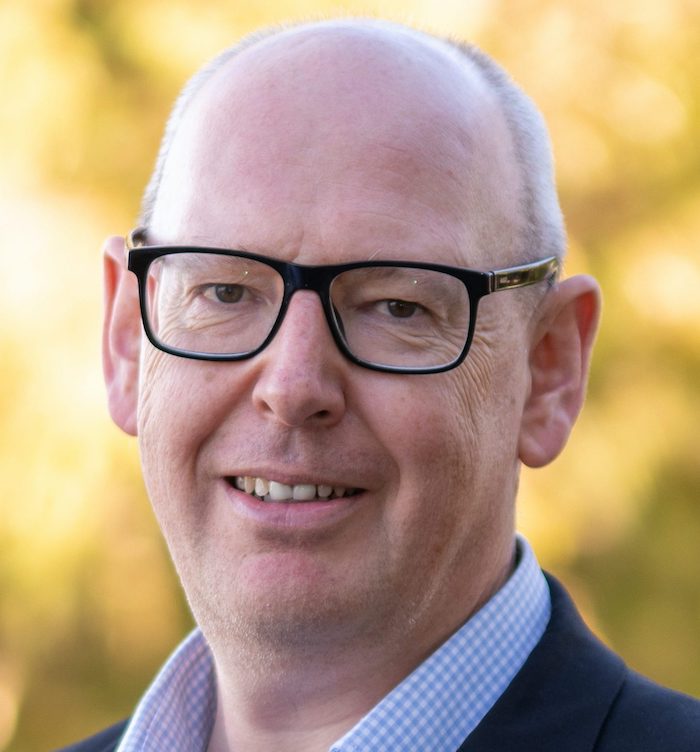
Allia Group Appoints Seasoned Legal Strategist Justin Fitzdam as General Counsel
Allia Group, the innovative legal finance firm exclusively specializing in healthcare insurer disputes, is excited to announce that Justin Fitzdam has been appointed as General Counsel. Mr. Fitzdam is based in Allia Group’s Nashville office.
Fitzdam has extensive in-house healthcare litigation expertise. In his 11 year tenure at HCA Healthcare, one of the nation’s largest hospital systems and healthcare service providers, he spearheaded the development of their nationwide litigation program against managed care payors. In addition, he oversaw all litigation, regulatory enforcement and compliance, investigations, and related legal issues for a substantial portfolio of HCA’s facilities and affiliates. His strong track record of successful litigation against the largest health insurance companies resulted in several of HCA’s largest judgments.
Over the course of his career, Fitzdam brings nearly 20 years of litigation, mediation, and arbitration experience across a broad range of large, complex, and highly regulated industries.He began his career in private practice at Sullivan & Cromwell LLP and then Boies, Schiller & Flexner LLP where he represented clients on both the plaintiff and defendant sides in all federal and state court levels, including the United States Supreme Court.
Fitzdam holds a J.D. from Cornell Law School and a B.S. in Accounting from the University of Florida.
In his new role, Fitzdam will be responsible for leading and implementing litigation strategy for Allia Group’s portfolio of litigation and will serve as the head legal advisor to the CEO and senior management. In addition, he will also define new areas of growth and oversee the underwriting of legal risks related to new business and transactions.
“We are thrilled to welcome Justin to the team,” said Eliot Listman, CEO of Allia Group. “His expertise with payor litigation in both in network and out of network cases will be indispensable. He is an ideal fit as our strategy grows to include solutions for even the largest hospital systems and physician groups in the battle against big health insurance. We are fortunate to have Justin on the team in our mission to hold payors accountable for bad behavior.”
About Allia Group:
Allia Group specializes in litigation finance solutions to improve the financial position of healthcare providers. To demand responsibility from healthcare insurers, Allia litigates and arbitrates against these payors and structures the purchase of underpaid claims and legal rights to monetize these assets, benefitting providers’ cash flow. Allia has the experience to address the needs of hospital systems, physician groups, and emergency transportation businesses. Visit www.allia.group to learn more.






